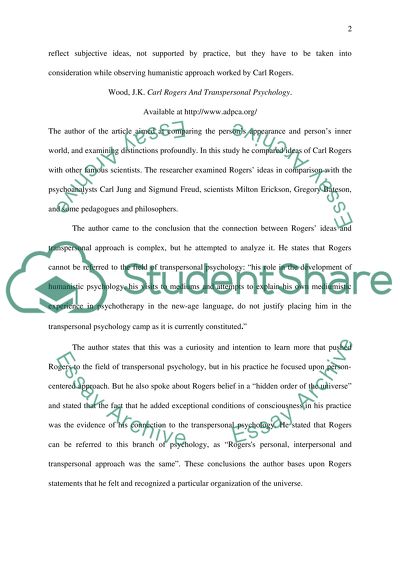Cite this document
(“Carl Rogers Humanistic Approach Annotated Bibliography”, n.d.)
Carl Rogers Humanistic Approach Annotated Bibliography. Retrieved from https://studentshare.org/literature/1520108-carl-rogers-humanistic-approach
Carl Rogers Humanistic Approach Annotated Bibliography. Retrieved from https://studentshare.org/literature/1520108-carl-rogers-humanistic-approach
(Carl Rogers Humanistic Approach Annotated Bibliography)
Carl Rogers Humanistic Approach Annotated Bibliography. https://studentshare.org/literature/1520108-carl-rogers-humanistic-approach.
Carl Rogers Humanistic Approach Annotated Bibliography. https://studentshare.org/literature/1520108-carl-rogers-humanistic-approach.
“Carl Rogers Humanistic Approach Annotated Bibliography”, n.d. https://studentshare.org/literature/1520108-carl-rogers-humanistic-approach.


